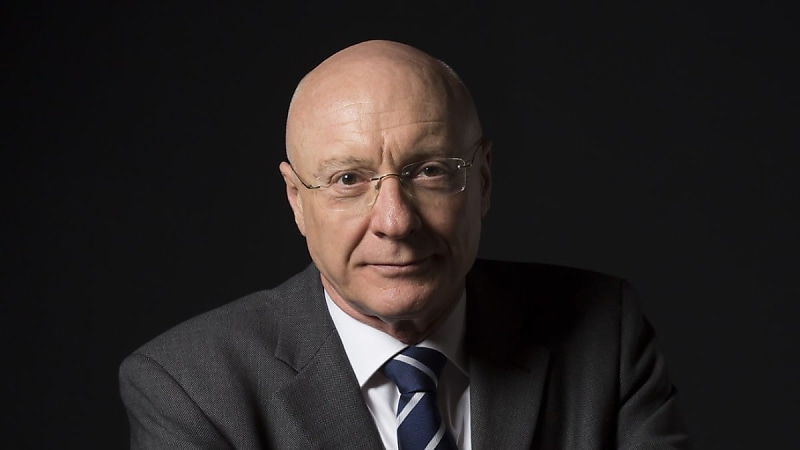Securing deeds a matter of trust
Investment strategies and tax concessions are at risk if a written strategy is missing, says a legal expert.
Peter Townsend, principal, Townsends Business and Corporate Lawyers, said with court cases increasing over lost deeds showcasing the difficulties trustees face in ensuring all the necessary paperwork is collated and stored securely, they should consider an independent digital vault to protect deeds.
Mr Townsend said trusts are most commonly established by a deed which contain the terms or rules that control how the trust can be used, as well as the rights and duties the various parties to the trust have or owe.
“In our experience, trust deeds are regularly misplaced and lost,” he said.
“And a lost deed poses numerous problems, two of which are particularly worth noting.”
He said the first problem that a lost trust deed poses is that it is the trustees responsibility to know the terms of the trust – known as equitable duty.
“Although it may not sound like an issue for the pragmatic investor who simply uses their trust as an investment mechanism or for concessional tax outcomes, the courts have shown little reluctance in concluding that a trustee does not know the specific terms of the trust when the deed has been lost,” Mr Townsend said.
“A fairly recent example can be seen in the case of Jowill Nominees Pty Ltd v Cooper [2021] SASC 76.
“The Court held that it is very difficult for a trustee to discharge their duty to know and manage the trust when they don’t have a copy of the governing rules of the trust.”
Secondly, Mr Townsend said if the original deed is lost, it may be difficult to prove that the trust exists at all.
“This was the case in Mantovani v Vanta Pty Ltd (No 2) [2021] VSC 771,” he said.
“In that case, the trust deed had been lost and there was not enough secondary evidence to show that the trust was in existence.
“By secondary evidence, we mean documents and dealings that clearly showed the identities of the beneficiaries, the property of the trust, and the nature of the trust, that is the fixed, discretionary, or SMSF.”
He said in this case the court held that the trust failed due to uncertainty, meaning without the trust deed the terms of the trust, and the parties to the trust, were unknown.
“This was arguably the better outcome for the trustee,” he said.
“Had the court found that there was a trust then, pursuant to Jowill above, the trustee might have been found to have breached their duty to the trust by not knowing the terms of the trust.”
He continued that in the Vanta case, the court confirmed that a failed trust automatically gives rise to a resulting trust, meaning the trustee holds the property on trust for the settlor.
“This means that the property of the trust ‘revests’ or effectively returns to the person who contributed that property – an equitable interest returns to the settlor – rather than the beneficiaries.”
If the settlor still wanted to establish a trust with that property for the beneficiaries, this would not be a problem, but if the settlor had passed away, for example, then that property would go into their estate and be dealt with by the executor, he said.
“There is a material risk that the executor would not consider the trust beneficiary’s interest as relevant and that’s not to mention the catastrophic tax consequences that could flow as a result of such a revesting.”
Mr Townsend said the importance of safely keeping the original establishment deed of a trust cannot be overstated, and yet deeds are lost with surprising regularity.
“Losing the deed can have deleterious consequences for both the trustee and the beneficiaries,” he said.
“All deeds should be scanned as those electronic copies may be invaluable if the original is misplaced.”








